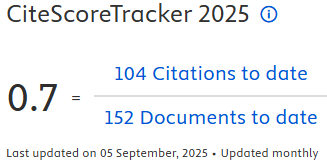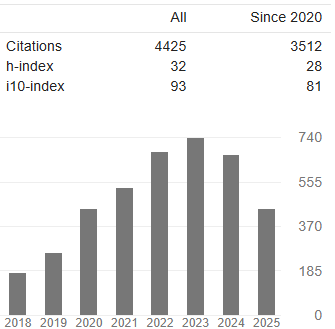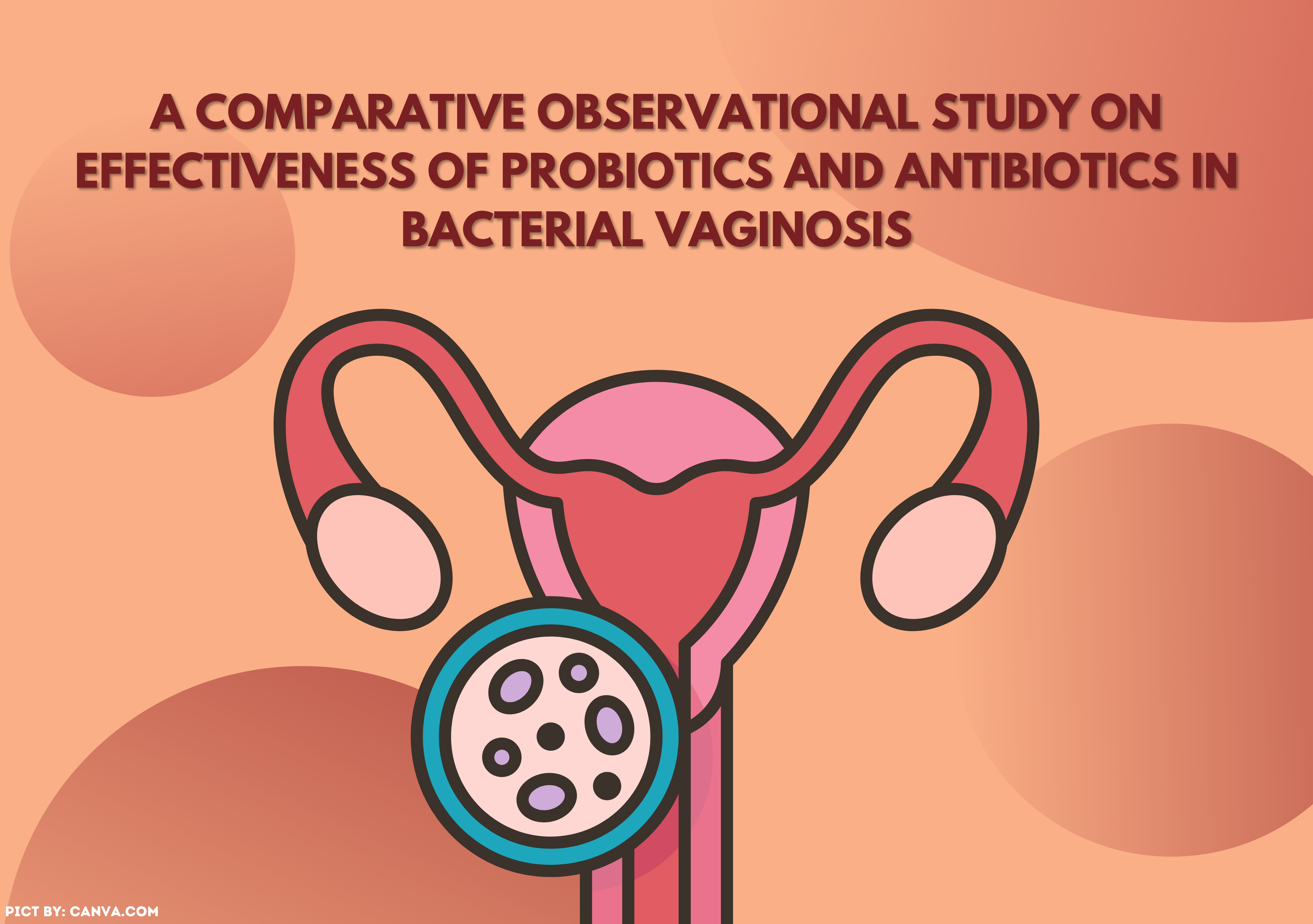THE ASSESSMENT OF HEALTH PROTOCOL IMPLEMENTATION IN FOOD AND BEVERAGES BUSINESS DURING COVID-19 PANDEMIC ERA
Downloads
ABSTRACT
During the COVID-19 pandemic era, the government has implemented a new strategy of health protocol called Adaptation of New Habits to prevent COVID -19 virus spread. By implementing such protocol, it is expected that health and economic sectors can be handled well. The research aims to discover the implementation of health protocol in Indonesia's food and beverage business, and to analyze factors that support and hamper its implementation. This research was cross-sectional research with direct observation and brief interviews with 16 food and beverage business places. Observations and interviews were guided using a checklist derived from government policies set by the ministry of health and commerce then the data will be analyzed descriptively. This research shows that the implementation health protocol remained far from expectations. Moreover, business activity, management system, and the awareness of employers, employees, as well as consumers, became a critical key in health protocol implementation. Comprehending the dangers of COVID-19 and committing to comply with health protocols are imperatives to succeed in the health protocol implementation.
Keywords: Adaptation of New Habits, Health Protocol of COVID-19 Pandemic, evaluating health protocols implementation
ABC (2021) Restaurants linked to less than 4% of COVID-19 outbreaks in businesses despite outdoor dining suspension - ABC7 Los Angeles.
Agency, F. S. (2020) Adapting restaurants and food delivery during COVID-19 | Food Standards Agency.
Anelich, L. E. C. M. et al. (2020) ‘SARS-CoV-2 and Risk to Food Safety', Frontiers in Nutrition. Frontiers Media S.A. doi: 10.3389/fnut.2020.580551.
Bazaid, A. S. et al. (2020) ‘Knowledge and practice of personal protective measures during the COVID-19 pandemic: A cross-sectional study in Saudi Arabia', PLOS ONE. Edited by R. Kumar, 15(12), p. e0243695. doi: 10.1371/journal.pone.0243695.
Burki, T. (2020) ‘Global shortage of personal protective equipment', The Lancet. Infectious diseases, 20(7), pp. 785–786. doi: 10.1016/S1473-3099(20)30501-6.
Central Bureau of Statistics (2020) Considerations for Restaurants and Bars | COVID-19 | CDC, Centre for Disease Control and Prevention.
Central Bureau of Statistics (2020) analysis of the results of a survey of the impact of COVID-19 on business actors.
Food Standard Agency (2020) Guidance for food businesses on coronavirus (COVID-19).
Guy, G. P., Massetti, G. M. and Sauber-Schatz, E. (2021) ‘Mask Mandates, On-Premises Dining, and COVID-19', JAMA - Journal of the American Medical Association. American Medical Association, pp. 350–354. doi: 10.1001/jama.2021.5455.
Han, S. et al. (2021) ‘COVID-19 pandemic crisis and food safety: Implications and inactivation strategies.', Trends in food science & technology, 109, pp. 25–36. doi: 10.1016/j.tifs.2021.01.004.
Indonesia, C. (2021) Pilih Tutup Gerai, Restoran Rumahkan 400 Ribu Karyawan, 2021.
Indonesia, P. (2020) The President's Five Directives regarding the Application of New Habit Adaptations.
Ministry of Finance of the Republic of Indonesia (2020) Government Strives to Restore Balanced Economic and Health Sectors Amid the Covid-19 Pandemic, Ministry of Finance of the Republic of Indonesia.
Ministry of Health of the Republic of Indonesia (2020) Decree of the Minister of Health of the Republic of Indonesia Number HK.01.07 / MENKES / 382/2020 concerning Health Protocols for Communities in Public Places and Facilities in the Context of Prevention and Control of Corona Virus Disease 2019 (COVID-19).
Ministry of National Development Planning of the Republic of Indonesia (2017).
Ministry of Trade (2020) ‘Circular of the Minister of Trade Number 12 of 2020'.
National Agency of Drug and Food Control (2020) Guidelines for the production and distribution of processed food during the COVID-19 health emergency status in Indonesia.
National Research Council (2003) ‘Risk assessment: evaluating risks to human health and safety', in Occupational Health and Safety in the Care and Use of Nonhuman Primates. National Academies Press (US), pp. 68–83.
OSHA (2020) COVID-19 Guidance for Restaurants & Beverage Vendors Offering Takeout or Curbside Pickup.
Peters, R. et al. (2019) ‘A quantitative public health risk assessment tool for planning for at-risk populations', American Journal of Public Health, 109(Suppl 4), pp. S286–S289. doi: 10.2105/AJPH.2019.305181.
Setia, M. S. (2016) ‘Methodology series module 3: Cross-sectional studies', Indian Journal of Dermatology, 61(3), pp. 261–264. doi: 10.4103/0019-5154.182410.
WHO (2020) ‘Rational use of personal protective equipment for coronavirus disease (COVID-19) and consideration if availability is very limited', World Health Organization, 6 April(Panduan Sementara), pp. 1–31.
Zhang, W. et al. (2021) ‘Food Safety in Post-COVID-19 Pandemic: Challenges and Countermeasures', Biosensors. NLM (Medline). doi: 10.3390/bios11030071.
- The authors agree to transfer the transfer copyright of the article to The Indonesian Journal of Public Health effective if and when the paper is accepted for publication.
- Authors and other parties are bound to the Creative Commons Attribution-NonCommercial-ShareAlike 4.0 International License for the published articles, legal formal aspect of journal publication accessibility refers to Creative Commons Attribution-NonCommercial-ShareAlike 4.0 International License (CC BY-NC-SA), implies that:
- Attribution ” You must give appropriate credit, provide a link to the license, and indicate if changes were made. You may do so in any reasonable manner, but not in any way that suggests the licensor endorses you or your use.
- NonCommercial ” You may not use the material for commercial purposes.
- ShareAlike ” If you remix, transform, or build upon the material, you must distribute your contributions under the same license as the original.































